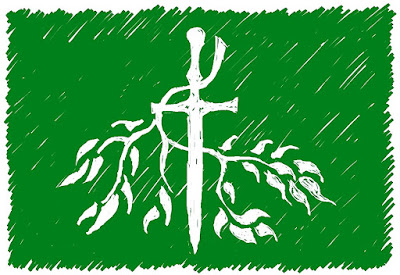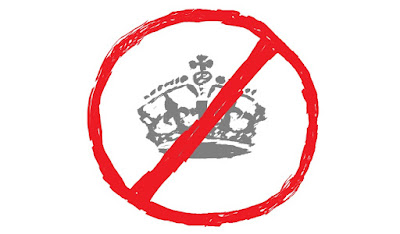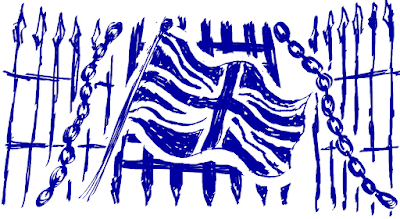Belize is a thrall of the United Kingdom and the United States, which comes at a price to the interests of the local people. We will see local interests disregarded and the government avoiding strong action to protect them.
The anti-colonial People's United Party (PUP) ruling Belize is acquiescent, presiding over a country caught in the slavery of dependencia, being only a source of cheap exports to colonial masters and a paradise to foreign exploiters.
Eco-imperialism
There has long been sufficient cause to suspect that patronising, moralising Western-led approaches to ecology and the environment would produce new tensions along the familiar lines of class and nation. There is no doubt that such a trend was already in motion. Too many an environmentalist simply assumes that the indigenous people are inherently on their side, and that the only conflict is with the proponents of some polluting industry. This simplistic view is false.
Eco-imperialists may be as much, nay perhaps more, of a long-term hindrance to the independence and dignity of colonised people than polluting industrialists.
We see this tension illustrated in the protest over the Duke and Duchess of Cambridge's quickly cancelled visit to the village of Indian Creek, addressed in the last post. That originated in the royal-backed global conservation organisation Flora and Fauna International barring villagers from subsisting on their own land.
Globalist-localist tension
Despite the environmentalist slogan to "think globally, act locally", there is an inherent conflict between these two. The international elite primarily think globally, and they purposefully obfuscate or dismiss the interests of the locals in almost every case. The local is always subordinate to the global, for them, and even the formulation of the above slogan reveals this - the global comes before the local.
It is perhaps a sense of the above problem that accounts for why the pejorative "globalist" has come into increased use by those who reject what they see as an international elite. Most of us will not think global and act local but think local and act either local or global, depending on what we can do. Whether or not noble ends can be achieved in a globalist sense should depend entirely on the consent of the local people, not on the fiat of preachy and condescending globetrotting elites.
The silencing of the local
There is a pejorative for those who put their local interests first, too: "NIMBY" (Not In My Back Yard). This term is typical of modern liberal expression, with its willingness to assault, denigrate, and try to eliminate the people and their sensibilities rather than seeking to represent or placate them.
Arrogant liberalism in its present form is directly contributing to an emerging eco-imperialism, by creating a sense of moral certitude and impunity that gives rise to the inconsiderate actions of organisations like the prestigious FFI. For all the talk of decolonisation in the US and the UK, the victims of colonial injustice, such as those villagers in Indian Creek, are still marginalised and it is almost impossible for us to hear their voices. A prejudiced Western-centric megaphone is now the sum of the international media, and it cares nothing for reality, only for perception.







